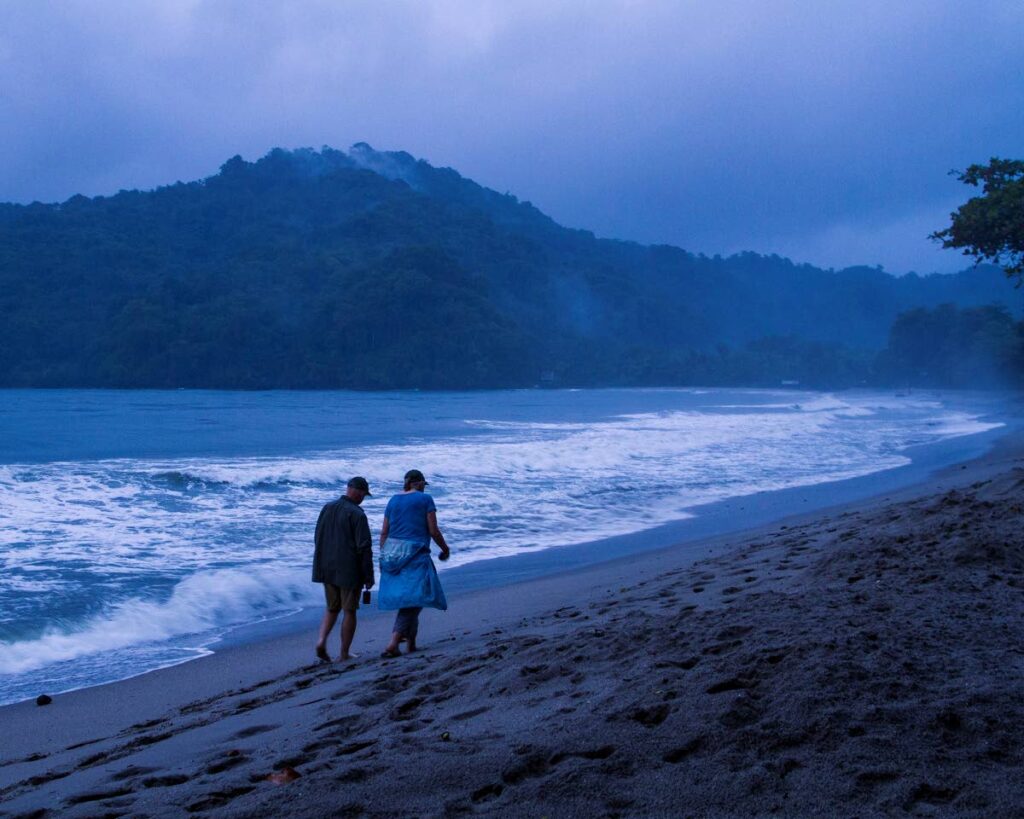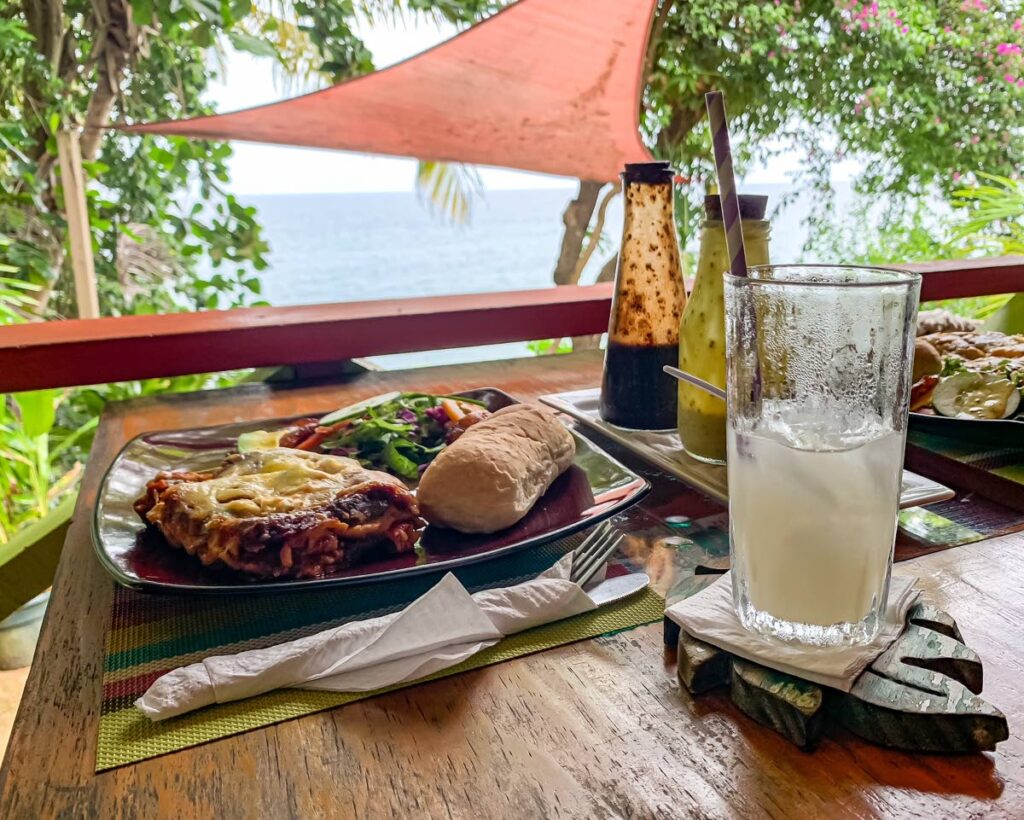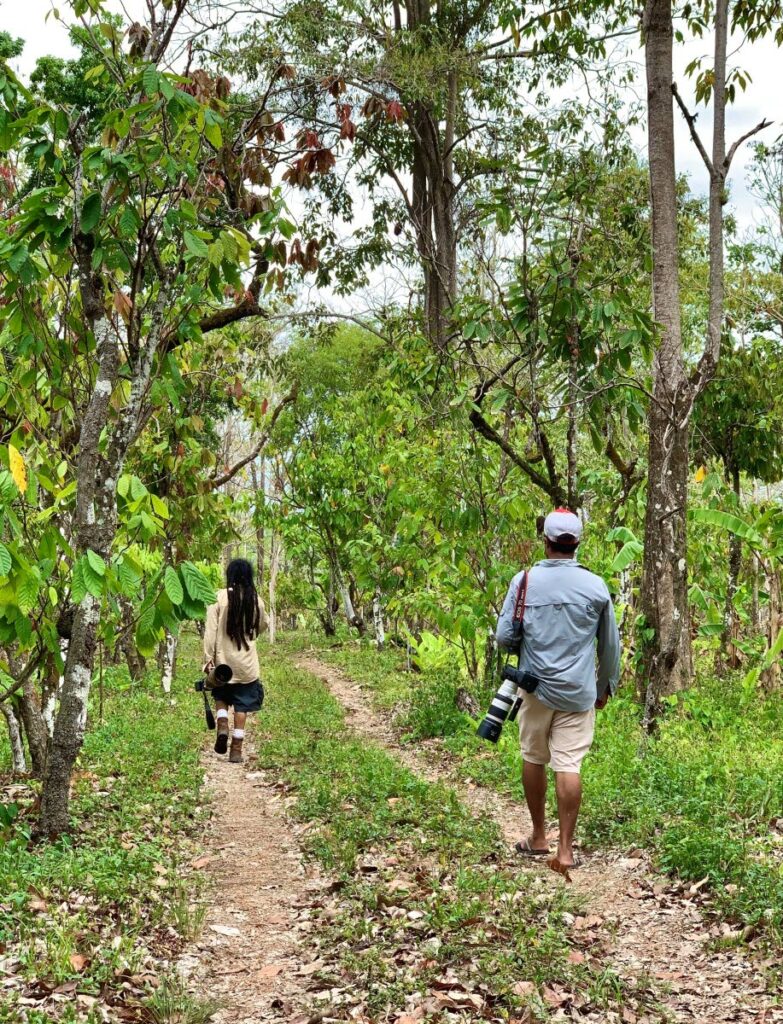More than a birding tour

Faraaz Abdool designs itineraries to show off food, culture and natural vistas in his tours for birders.
Home-bound for a couple years, many people have fallen in love with their backyard birds and by extension the magic of birding. Now, with travel restrictions easing in most countries, people are eager to visit new places, see new sights, and experience new birds. Pre-pandemic birding tourism was already a significant sector of the burgeoning ecotourism market, and it is gradually regaining momentum as more and more people take flight.
Birding tours take eager people from all walks of life to incredible and remote places as varied as the birds themselves. As the destinations vary, the tours branch out to cater for the various cadres of birders – some who keep lists with magnitudes of thousands, some who are seeking that elusive winning photograph, others merely interested in the experience of being in nature. Most people who travel for birds fall in any combination of those categories. Some may place more importance on one or the other, but at the most fundamental level, all are people who enjoy the natural world and have a vested interest in its well-being. It is no stretch of the imagination, therefore, that the preservation of nature in all its forms is something that is directly beneficial to the birder.

Nothing exists in a vacuum, however. Booking – and embarking on – a birding tour has ripple effects across a considerable web of providers. Even what may seem at first glance to be a dedicated, single-minded, birds-or-nothing tour also involves a complex network extending from a hub of birding guides, drivers, and hoteliers.
Many birding days begin in the pre-dawn and end long after sundown. Thankfully in Trinidad and Tobago, there are no difficult journeys; getting from one island to another takes only a few hours. This ease of access forms a significant part of the allure of these two islands that are Caribbean but also distinctly South American. Further to this, the option of “lunch at a local restaurant” fits a long day out perfectly by maximising the birding time. What’s not to love about a conveniently located, welcoming table reserved and waiting for hungry birders ready for a break? This doesn’t have to be the largest or most famous restaurant – many visiting birders are keen to sample our local cuisine, and simple is often better.
Care and consideration must be exercised, as environmentally-sensible people hosted in a restaurant will notice poor or insensitive practices. Any participating establishment ideally should be one upholding the tenets of sustainability – “bake and shark” does not fall in this bracket given the dire status of sharks worldwide. A mindful shift to “bake and lionfish” can provide a glimmer of hope and would forge a key linkage with yet another community – local fisherfolk.
Emphasis is being deliberately placed on the culinary experience as stopping for a meal is a necessity; we need not survive on snacks alone. Some restaurants feature gardens of beautiful native plants which ensure the constant presence of feathered friends at lunch. Others take landscaping to the next level and construct elaborate pathways for fruiting and flowering vines throughout the dining area – imagine sipping a cup of tea as the day finally cools, surrounded by honeycreepers and hummingbirds. Where it isn’t practical to stop, meals can be arranged to be delivered by intrepid mobile chefs. There truly isn’t any limit to creativity in logistics, especially given how fluid many birding tours can be.

Gradually, more places are embracing the union of birding and hospitality. Many landowners and farmers in various parts of the Neotropics have been catering to visiting birders by opening their private land at a fee. Ensuring their visitors can safely go birding and offering a glass of freshly squeezed juice before departure is usually more than worth it. The added income of birding tourism incentivises the proprietors to ensure the birds’ safety and well-being, as more birds translates to more visitors.
Other aspects of life in our islands can often be folded into a birding tour. For example a journey to visit blue-and-yellow macaws at a known nest site can be paired with a tour of a nearby panyard; an afternoon to visit the extensive tidal mudflats can commence with a visit to the famous Temple in the Sea at Waterloo and end with a spectacular sunset over the Gulf of Paria. The balance is notably delicate and must always tip in favour of the birds.
There is much to offer to the ecotourist, sometimes there simply isn’t enough time to see all that is to be seen. This is essential, however, in maintaining our attractiveness as a destination. Two weeks of ardent birding can, with luck, get one to see half of the species on record for the islands. The same two weeks at a different time of year will yield a different selection of species as we are heavily influenced by migration patterns which are governed by seasonal shifts. Similarly, the ever-changing list of attractions – from cultural to culinary – serves to create a stronger desire to return.
Nature is the blueprint for sustainability, and if we model our operations on what exists naturally, we would be sustainable ourselves. The more locations birders visit, the more people can become involved in this expanding web of commerce, goods and services: coffee roasters, chocolatiers, hobbyist gardeners, permaculture pioneers, craftspeople, massage therapists, fisherfolk, hikers, and many more. Each visitor is unique with different desires. It is up to us to have the necessary conversations so that we can ensure that multiple worthwhile and memorable experiences are created that will benefit as many people as possible.


Comments
"More than a birding tour"